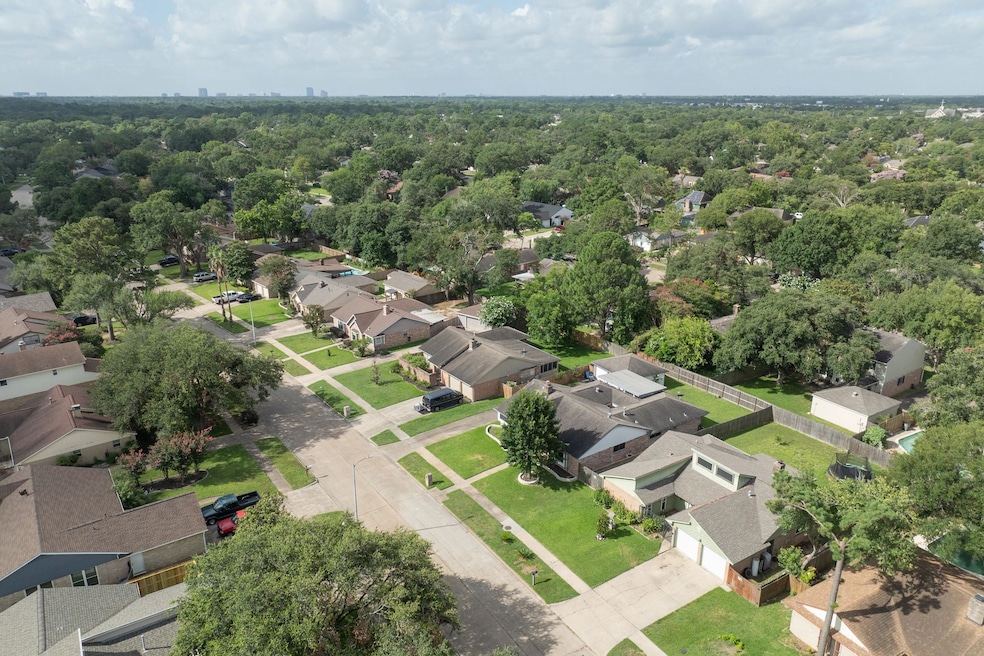Lennar, the country’s second-largest homebuilder, has dropped home prices 9% year over year as it combats a softened housing market. The firm's latest results provide one of the first looks at spring new-home pricing as builders prepare to report earnings in the coming weeks.
Miami-based Lennar reported an average sales price, including sales incentives, of $389,000, a 9% price decline compared to the fiscal second quarter of 2024. The decrease was in response to challenging affordability, economic uncertainty, consumer confidence and regulation costs, co-CEO Stuart Miller said Tuesday on Lennar’s earnings call.
“Demand, however, is still high, as people want and need homes. Millennials are hitting the buying age and are realizing the benefit and perhaps imperative of homeownership, but affordability and waning confidence around buying now are sending confusing signals,” he said. “I don’t want to overstate the negative as the market is definitely not crashing, but it continues to cool.”
Other major builders such as D.R. Horton and PulteGroup are scheduled to report earnings in July.
Lennar’s sales incentives increased during the quarter to 13.3%. Looking to next quarter, the builder expects another decline in average home sales, between $380,000 and $385,000. Incentive increases align with the overall industry.
On Tuesday, homebuilder sentiment declined further, and more builders reported discounting home prices, according to the National Association of Home Builders/Wells Fargo Housing Market Index. Nearly 70% of surveyed builders reported an average price decline of 5% in June.
Lennar built 20,131 homes in the fiscal second quarter, on par with its previous predictions. The builder constructs single-family homes, townhouses, and multifamily buildings for first-time, move-up and active adult homebuyers across 30 states.
Market and affordability challenges
Lennar executives noted that all its markets, even strong ones, required incentives to attract homebuyers, and it most often offered mortgage rate buydowns. The worst-performing markets were Seattle, Portland, the Bay Area, Sacramento, Phoenix, Las Vegas, Colorado, Raleigh, Atlanta and Jacksonville.
“These markets experienced sensitivity to higher home prices and the macro impact on the technology workforce,” Jon Jaffe, co-CEO, said on the call, referencing recent tech sector layoffs.
On Lennar's previous earnings call, it noted an increase in debt from its mortgage applicants, which continued in the fiscal second quarter. The firm's share of buyers with government loans increased from 40% to 48% year over year, it said. Government-backed loans require smaller downpayments and higher debt-to-income ratios.
While data suggests builders have generally held back on new construction in response to softening demand, Lennar plans to continue with its normal volume. Single-family starts declined in April by 1.6%, according to the latest data from the U.S. Census Bureau.
The builder remains confident in the need for housing, citing housing shortage data, and plans to maintain its current volume despite the softening.
“Once we step backwards and lose momentum, it becomes increasingly more difficult to restart and recapture volume,” said Miller.

